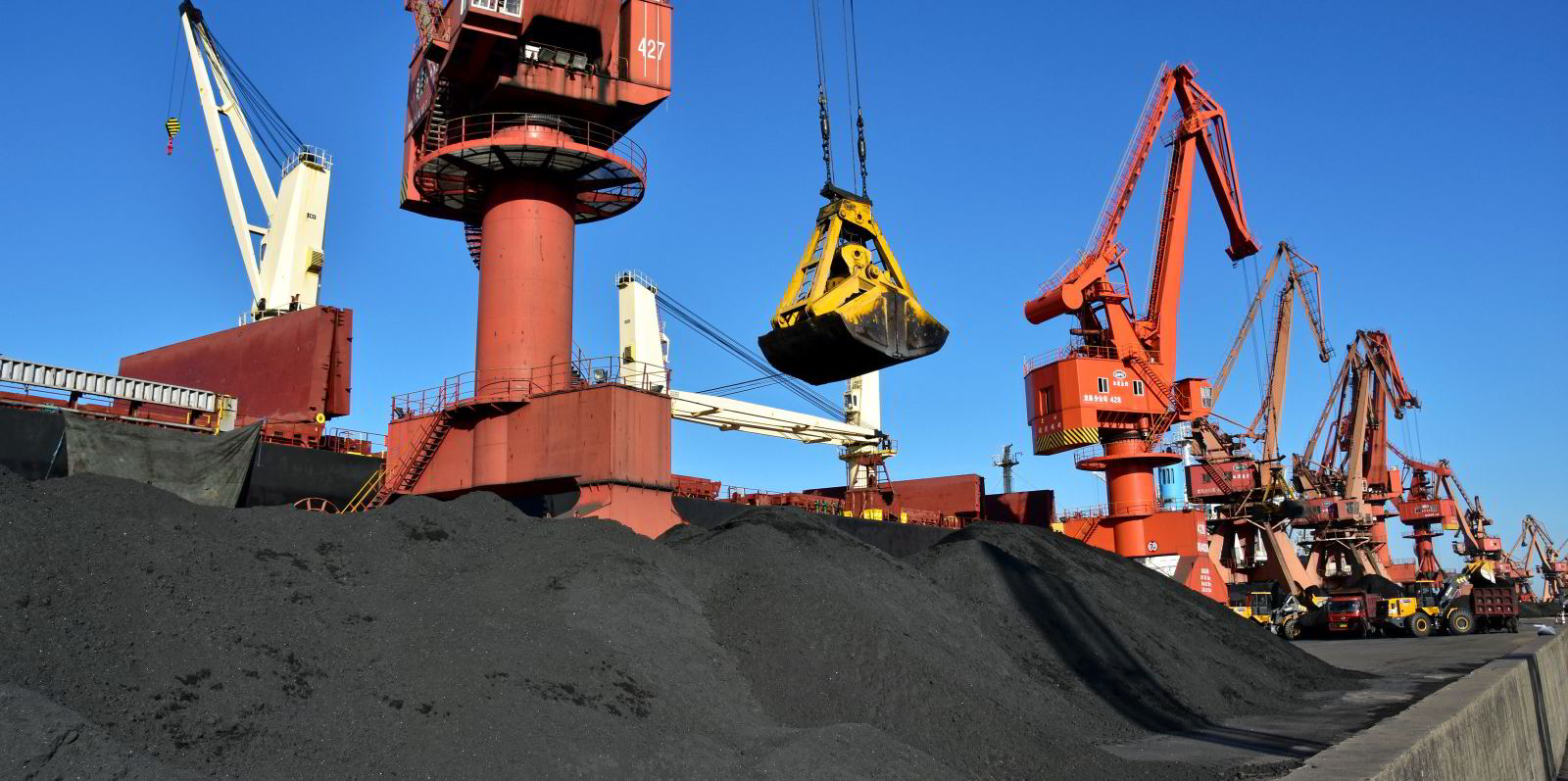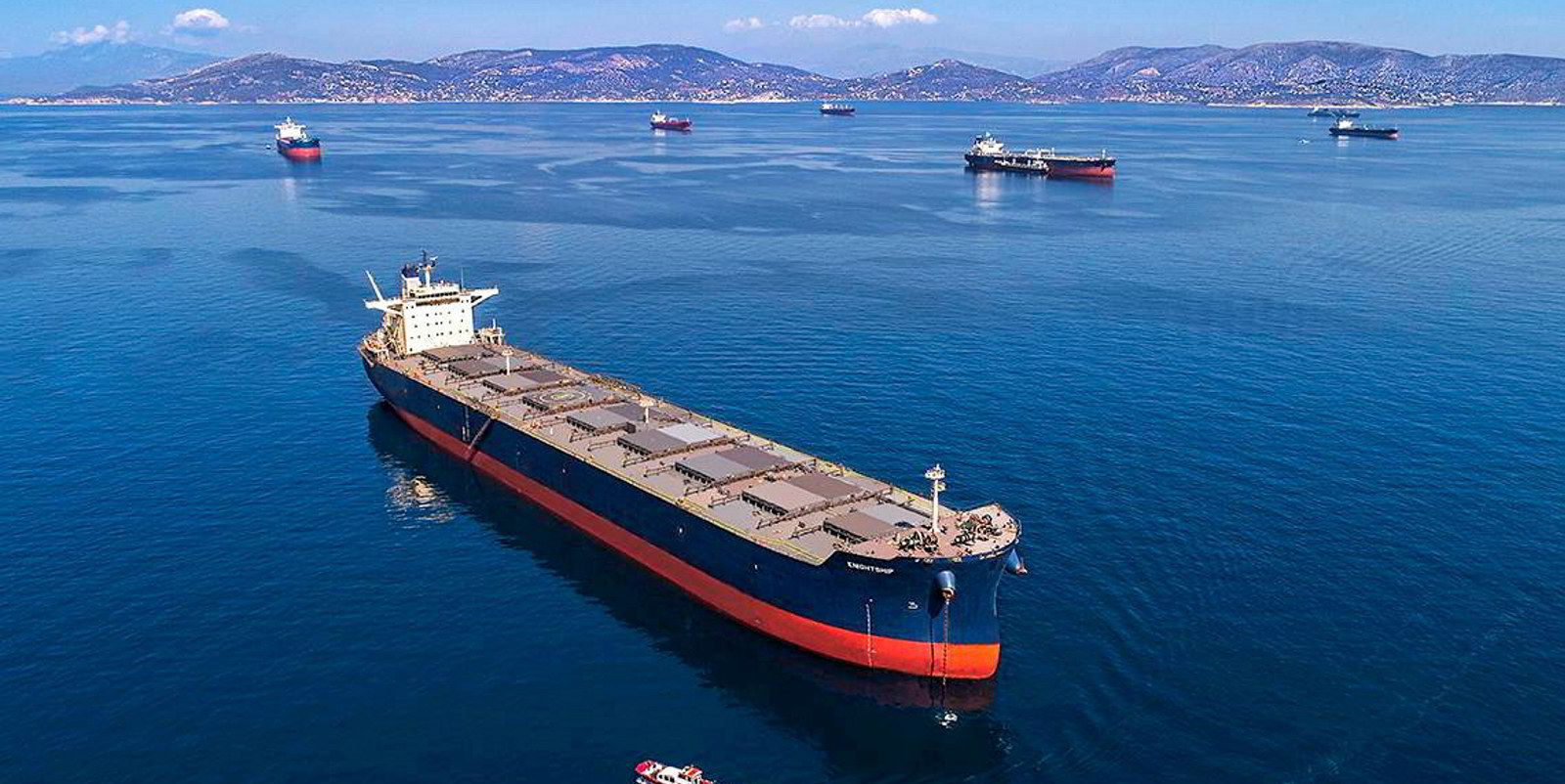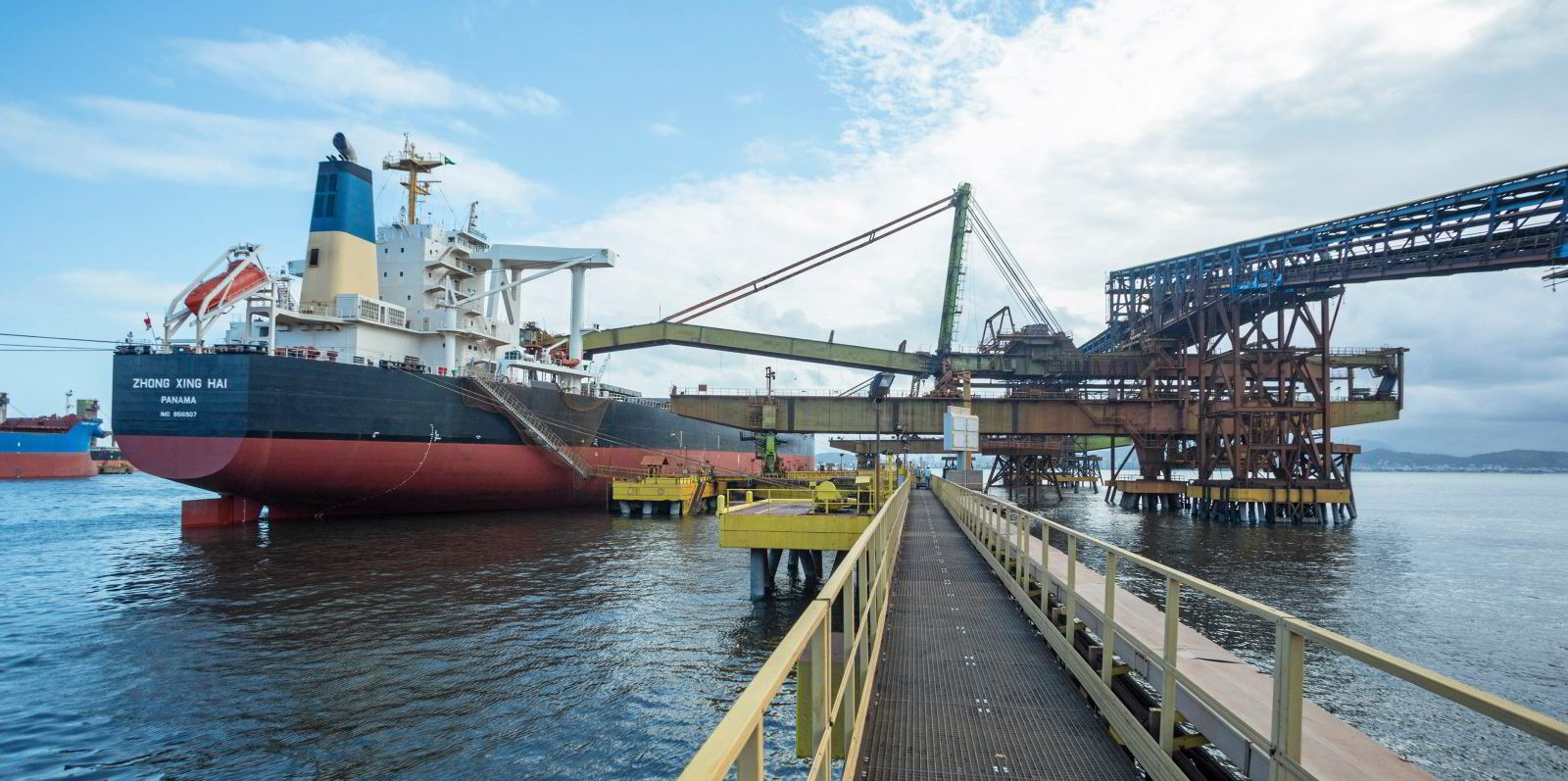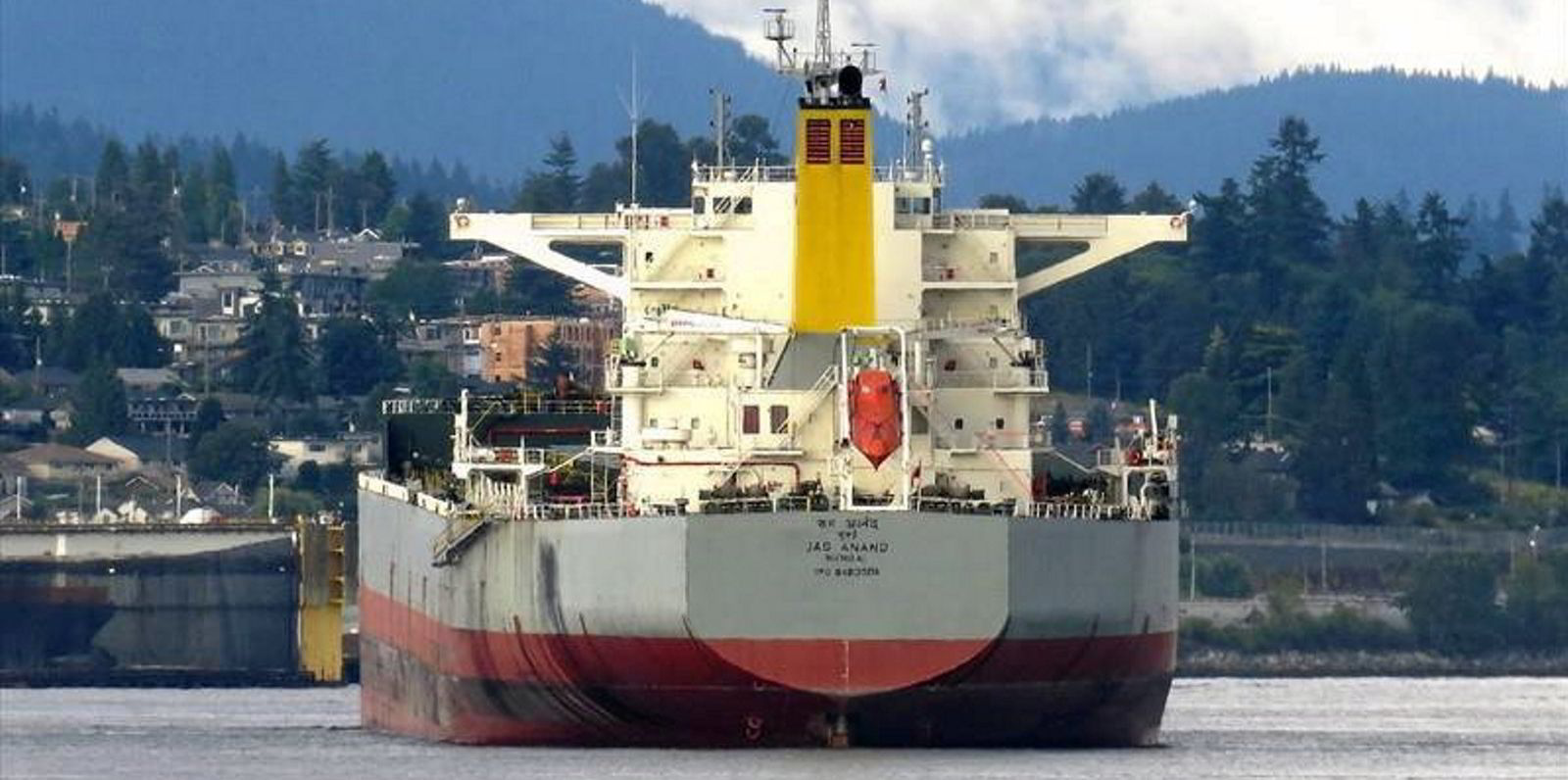Dozens of bulk carriers remain stranded off China amid the country’s diplomatic tussle with Australia, with one John Fredriksen-linked capesize already waiting for more than six months.
A total of 52 vessels laden with 5.33m tonnes of Australian coal have been stuck at Chinese ports for a month or more as of Friday, Kpler data shows.
Fredriksen-controlled Golden Ocean’s 180,000-dwt Golden Barnet (built 2016) has not been able to discharge its cargo since arriving in Jingtang on 25 May – its waiting time is the longest among all the ships.
Officially, China says the delays are caused by tighter quality checks of coal imports, but many observers believe Beijing has banned imports of Australian coal in retaliation against Canberra’s diplomatic stands on various international issues.
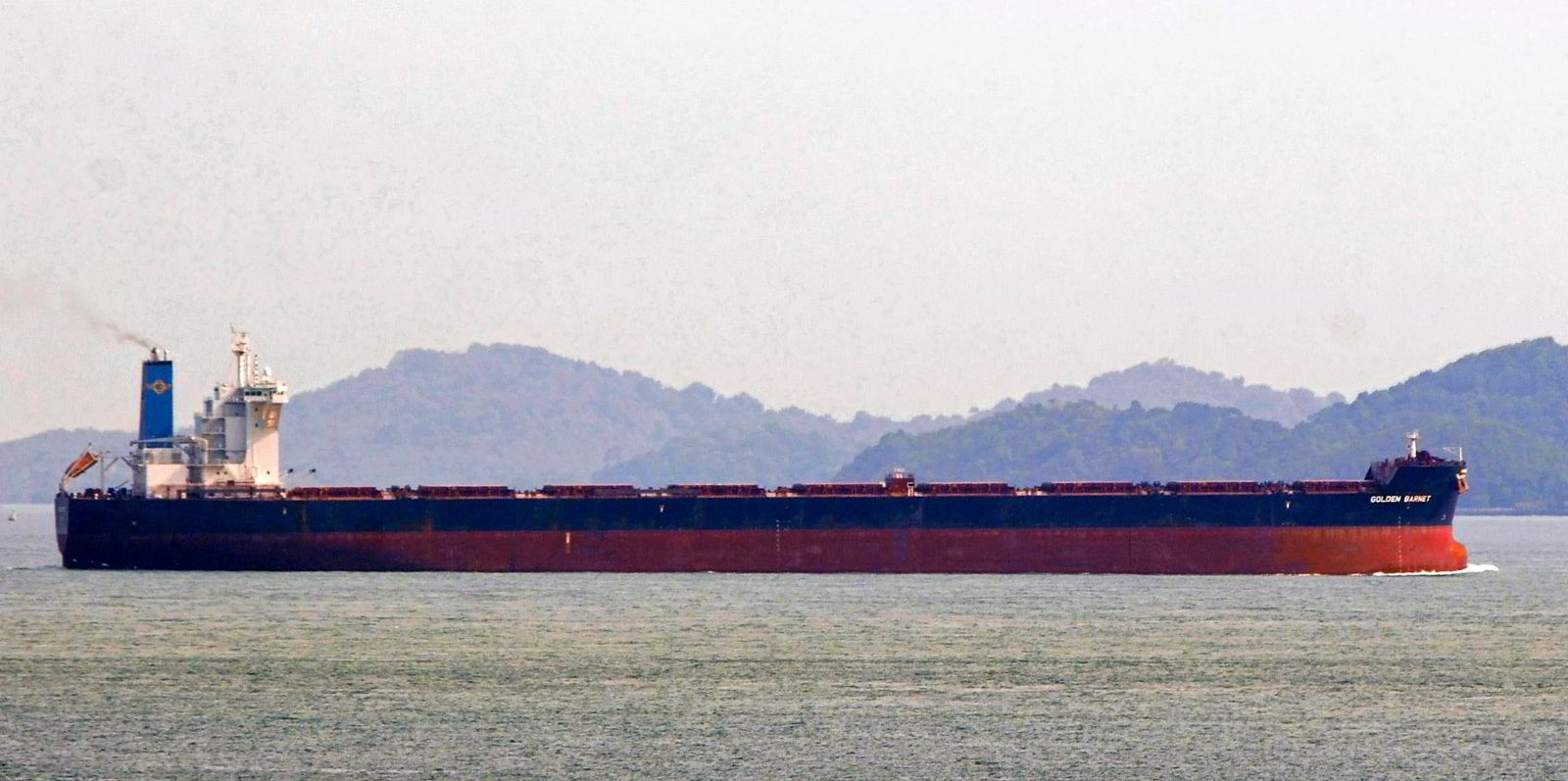
While the number of vessels in the queue is expected to peak soon as Chinese coal importers stopped buying from Australia some weeks ago, China's customs have been extremely slow in clearing Australian coal due to the heightened tensions between the two countries.
“Most people have no confidence that this will be resolved before the Chinese New Year,” said an Asian shipbroker.
Long ship queues
The vessels in waiting comprise 15 capesize bulkers, 21 post-panamax and 16 smaller ones, according to Kpler.
Coal terminals in North China have seen the worst congestion, with 16 ships stranded off Jingtang, 10 off Caofeidian and nine off Bayuquan.
The 52 vessels stuck off China are owned by a total of 44 companies, reflecting the fragmented bulker sector.
Golden Ocean owns three of them, more than any other shipowner. TradeWinds has approached the company for comment.
Beijing is understood to have shown no favourable treatment for Chinese owners in general, with state conglomerate China Cosco Shipping also owning two of the ships.
While Australian miners have been hit by lower demand in the diplomatic stand-off, Chinese coal importers and steel mills are also suffering from weaker margins and cargo delays, according to media reports.
Crisis at sea
Moreover, the global crewing crisis has also worsened because hundreds of seafarers are stuck aboard those vessels off China.
Beijing has tightened immigration policy to control the spread of Covid-19, so crew changes at Chinese ports remain difficult.
The crew members on board the 179,300-dwt Jag Anand (built 2011) and 179,000-dwt Knightship (built 2010) have publicly called for help, TradeWinds reported.
Earlier this month, the National Union of Seafarers of India called on the International Maritime Organization to help facilitate crew changes.
When contacted, an IMO spokeswoman said the United Nations body had received reports from seafarers aboard some of these stranded ships.
“When we receive reports, we engage with the relevant member states, including the flag state to make sure they are aware of the situation,” she said.
“Our concern is with the well-being of seafarers and the safety of navigation. Situations or actions that lead to the inability to conduct crew changes, causing seafarer fatigue and potentially threatening the safe operation of ships, are our focus.”
